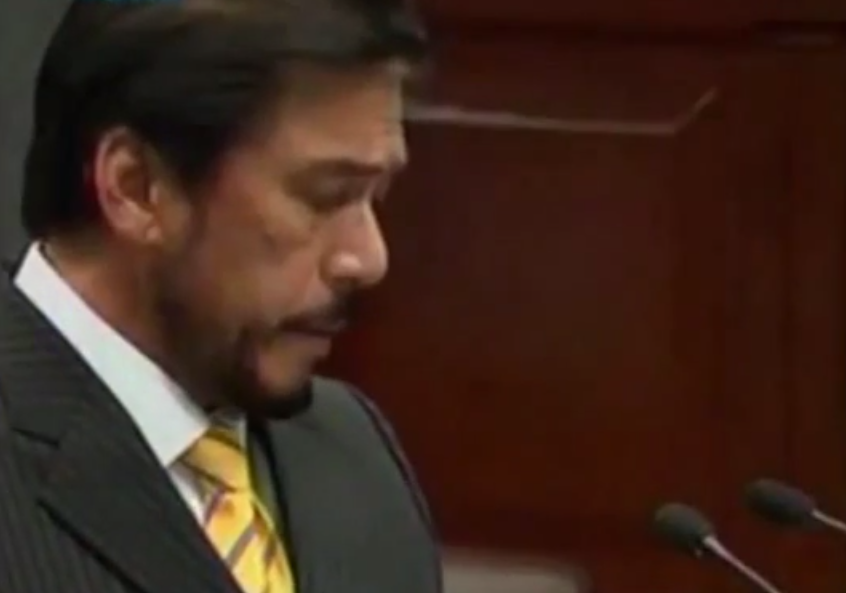Breaking
Sotto wants PSC to provide funds for non-NSA athletes
MANILA – Senate Minority Leader Vicente Sotto III has inserted a special provision in the proposed Php2.606 trillion national budget that would require the Philippine Sports Commission (PSC) to support qualified athletes who left their respective national sports associations (NSAs) due to internal squabbles and politics.
”I just hope that we’ll be able to craft that special provision so that the PSC will use their funding to the non-NSA athletes who deserve assistance,” Sotto said during Tuesday night’s Senate plenary debates on the PSC’s proposed Php186 million budget for 2015.
Senate Finance committee chairman Sen. Francis ‘Chiz’ Escudero said that although Republic Act No. 6847 that created the PSC does not prohibits the PSC from doing so, it cannot extend financial assistance to non-NSA athletes for two reasons.
”Their (PSC) first concern is that if the athletes are not part of NSAs, they cannot participate anyway in the Asian, Olympic Games or all OIC sanction games. And number two concern, it would open flood gates and they might not have enough funds for it,” Escudero explained.
”They (PSC) can extend one time but not regular assistance to athletes who are not part of the NSA,” Escudero added.
Sotto stressed that the PSC should not confine itself to just NSAs, citing a Fil-American swimmer whose talents escaped the eyes of the Filipino scouts but not of the United States’ coaches.
”They (Filipino coaches) were able to scout a number of Fil-Ams, one of them Daniel Coackley, in the same pool where Fil-Am Nathalie Coughlin was taken by the US. Nathalie Coughlin won three gold medals for the US in Beijing. Daniel did not qualify in (medal round) in his event,” Sotto related on the floor.
”You can’t believe it but she (Nathalie) was in the same pool.
Our Fil-Am did not qualify. But that’s what happened. I’m placing it on record. We should not confine. There are other athletes who are making waves,” he added.
Sotto also cited the experience of a swimmer from Cebu who was stripped of gold medal in 2007 Arafura Games “because she was not a member of NSA.”
Escudero accepted the motion of Sotto to put special provision on the general appropriations bill that would require the PSC to support an athlete even he or she was not part of an NSA.
”We will craft the special provision in the proposed budget,” Escudero said.
Sotto has also expressed interest to review the PSC Charter “so that we will be able to address the problem of the Philippine sports.”
In the 17th Asian Games in Incheon, South Korea last October, the Team Philippines returned home with only one gold medal from BMX rider Daniel Patrick Calauag, three silvers and 11 brones, one of the country’s worst finish in the quadrennial meet.
The Philippines has yet to win gold medal in the Olympic Games since it joined in 1928. The country’s highest finish were two silvers courtesy of boxers Anthony Villanueva in the 1964 Tokyo meet and Mansueto ‘Onyok’ Velasco in the 1996 Atlanta Games.
In the Southeast Asian Games, the Philippines skidded from fifth place in 2009 in Vietnam to seventh place in the 2013 Myanmar biennial meet with only 29 gold, 38 silver and 38 bronze medals.
Aside from the Php186 million it will get from the general appropriations budget in 2015, the PSC receives Php730 million from the National Sports Development Fund (NSDF), including the Php650 million from the Philippines Amusement and Gaming Corporation (PAGCOR), every year.






















